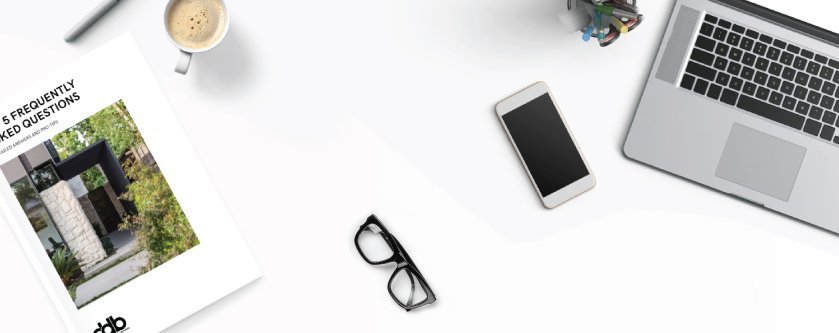
EMAIL # 211 - 08TH APRIL 2023- 'THE PSYCHOLOGY OF SPENDING"
The Psychology of Spending.
How people invest their money tends to be hidden from view, but how they spend is far more visible.
I’m the first to admit that I think a lot about money.
I have spent a good amount of time reading books and blogs about money; (It’s the most written about topic on earth).
I have a love/hate relationship with money.
I love the security of owning assets but hate conspicuous consumption.
I firmly believe that having a healthy relationship with money is an intrinsic requirement for happiness.
“Money is neither good nor bad, it’s value is determined by how you use it.” Unknown
My biggest realisation is that money can buy you choice, specifically – the choice of how you use your time.
"Money plays an important role in life, but it’s not the only filter for how you decide to spend your time. Nobody will ever pay you to go on a date with your spouse or take your kids to the park or grab coffee with your parents." James Clear
The best book I have read on this topic is “The Psychology of Money” by Morgan Housel, and he now has a podcast “The Morgan Housel Podcast”.
Episode #4 “Rules of the Money Game” is a must listen for anyone interested in money, finance + investing.
Below I have summarised the main takeaways from a chapter of Housel’s book and episode #4 of his podcast on the psychology of spending.
- Your money beliefs are formed by your family background and your experiences with money growing up. A lot of spending is done to satisfy a deep-seated psychological need.
- Spending money doesn’t necessarily make you happier. Many people fall into the irresistible trap of spending money to try to buy happiness. The problem is that the more money you earn, the more you tend to spend. Your expectations grow with your earning capacity, so it never feels like you have got enough.
- Money and how you use it becomes an extension of your personality, it’s part of who you are. Some people have a lot of trouble spending money. Others are prolific spenders. A lifetime of budgeting and saving can be a difficult habit to break.
- A big advantage to having money, is it allows you to stop thinking and worrying about making money.
- The joy of spending diminishes as your income rises (see # 2 above). “Someone that can buy almost anything they want values nothing”. Real value only comes from meaning, purpose and achievement, not from just buying stuff.
- Big purchases often involve a lot of emotions. It’s impossible to separate your emotions from big spends, such as buying a house or a car, and that’s perfectly normal and okay.
- You cannot buy respect or admiration. No one is as impressed with your stuff as much as you are. Ego driven purchases very rarely improve your status or your long-term happiness.
- Social media and the “Influencer economy” now drives a lot of our spending. We want what other people have and Instagram & TikTok play a big part in our aspirations. People like to mimic others, especially those that appear to be living better lives than ourselves.
“If you only wish to be happy, this could be easily accomplished. But we wish to be happier than other people, and this is always difficult, for we believe others to be happier than they really are.” Montesquieu, French philosopher
Thanks for Reading,
Stay safe and spend wisely.
David
